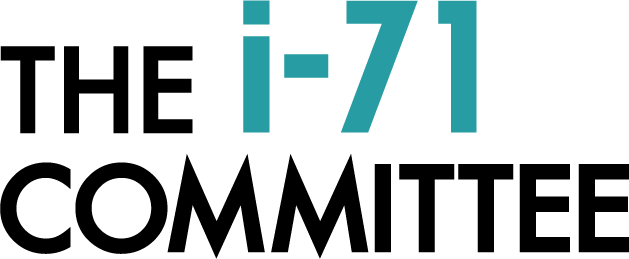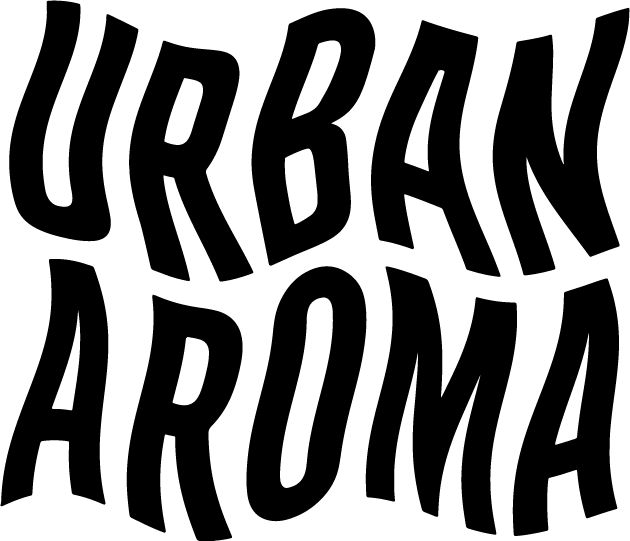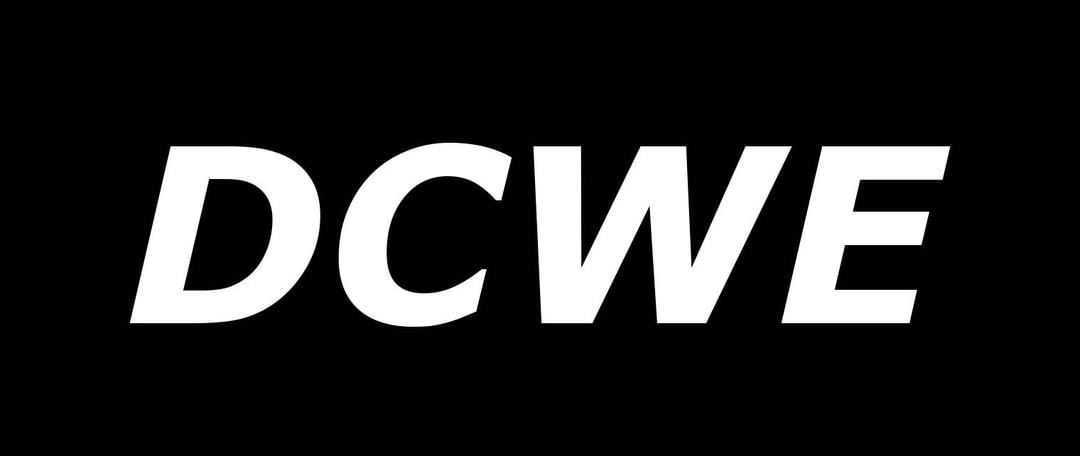The i-71 Committee is a coalition of citizens, industry leaders and stakeholders who are committed to passing equitable, fair, and socially conscious cannabis legislation that prioritizes access for all.
We are excited for the future of the cannabis industry in DC and are eager to be pioneers in a regulated market as well. We are a diverse industry, reflective of the fabric of this great city, employing people of color, women, veterans, disabled, and LGBTQ-identifying people. We want to see a recreational cannabis market in DC that is fair for all, built on equity and social justice. However, DC is not able to join many other states in exercising their right to set their own local cannabis laws, due to our unique position as a federal district subject to congressional oversight. In the 2014 election, DC voters successfully passed Initiative 71 (i-71), which permitted DC residents 21 and up to carry up to two ounces of marijuana and allowed for them to possess and cultivate up to three marijuana plants. This initiative was approved with overwhelming support from voters, with 70% of residents voting yes. However, due to DC’s lack of statehood and impositions made by Congress, our city has not been able to mandate the expenditure of city funds for Initiative 71. Additionally, a clause (often referred to as the Harris Rider), that was passed by Congress in December of that same year, blocked the District from being able to legalize the sale of cannabis. This has meant that despite overwhelming approval by DC residents in favor of an established recreational cannabis market, it is not something that we have been able to decide for ourselves.
Until the Harris Rider has been permanently removed, DC will remain in an uncomfortable limbo that allows for possession and private use of small amounts of marijuana, while purchasing and selling marijuana remains illegal.
Despite these roadblocks to establishing a socially equitable recreational cannabis industry in the District, a few very innovative people were able to envision a world without prohibition; thus, the wonderful landscape of DC cannabis “gifting” was born.
These businesses have provided thousands of jobs for DC residents over the last seven years and we firmly believe that excluding these businesses from the transition to recreational sales would have harmful impacts on the DC community. Not only do they provide jobs and pay taxes, but they give back to their community by hosting events and donating to local organizations, as well as help increase tourism to the DC region. These small businesses are critical components of the local economy and right now their futures are in jeopardy. In order for the District to pass fair and equitable cannabis legislation, there needs to be a clear pathway for current i-71 businesses to be eligible for licenses in the transition from i-71 to legalized recreational sales. And there can’t be any legal action taken against the businesses who are providing these services, jobs and who pay taxes. With the vast majority of the owners and operators of these small businesses being people of color; to ignore their concerns about this transition period would result in legislation that is unjust. There is no reason that DC cannabis consumers should be left out in the cold during the transition to recreation. Including the existing small businesses who are operating under i-71 compliance, and allowing for them to have a seat at the table when discussing legislation, should be the priority for the city moving forward.
These businesses have provided thousands of jobs for DC residents over the last seven years and we firmly believe that excluding these businesses from the transition to recreational sales would have harmful impacts on the DC community. Not only do they provide jobs and pay taxes, but they give back to their community by hosting events and donating to local organizations, as well as help increase tourism to the DC region. These small businesses are critical components of the local economy and right now their futures are in jeopardy. In order for the District to pass fair and equitable cannabis legislation, there needs to be a clear pathway for current i-71 businesses to be eligible for licenses in the transition from i-71 to legalized recreational sales. And there can’t be any legal action taken against the businesses who are providing these services, jobs and who pay taxes. With the vast majority of the owners and operators of these small businesses being people of color; to ignore their concerns about this transition period would result in legislation that is unjust. There is no reason that DC cannabis consumers should be left out in the cold during the transition to recreation. Including the existing small businesses who are operating under i-71 compliance, and allowing for them to have a seat at the table when discussing legislation, should be the priority for the city moving forward.
Until the Harris Rider is removed, there is not much DC Council can do to regulate our industry. This is unfortunately where we are at currently; without complete control over our legislation without Congressional interference, DC will not be able to see a recreational cannabis market. This is unfortunate for many reasons, but most importantly, this leaves the employees in our industry without any concrete job security. Any day, their income could be taken away if the District decides they want to start enforcing penalties for these small businesses. We understand that both the DC Council and the Mayor’s Office are put in an uncomfortable position, as they are not able to pass any legislation regarding this industry, even if they wanted to. So, where do we go from here? Well, for starters, we need to show our elected officials just how important this issue is. We need to start putting more pressure on Congress to remove the Harris Rider from the Senate Appropriations Committee Budget. There is no reason that people should be allowed to consume cannabis recreationally, but have no place to purchase it. Many other states are able to reinvest millions of tax dollars from the sale of recreational cannabis into social equity and community support programs, while DC is left in the cold. It has been seven years since DC voters passed Initiative 71, it is high time for the money made in the grey-market cannabis industry to be reinvested back to the city. While the DC Government is limited in what they are able to do while the Harris Rider is still in place, they can still offer the thousands of employees relief by committing to a number of things. While this industry is currently unregulated, there are a large number of small businesses who operate under good practices, prioritize consumer safety, take good care of their employees, and give back to the community. DC could quickly become the most equitable cannabis industry in the nation. But in order to do that, the businesses that have been operating in-waiting must not be penalized. We have to learn from the mistakes of Proposition 215 in California and ensure that we don’t push Black and brown entrepreneurs out of the market with legislation that claims to support social equity. If the city truly wants to see a diverse cannabis market that attempts to rectify the harm caused from the War on Drugs, then they should support the small businesses that are already operating. DC is unique for many reasons – let’s make the cannabis industry one of them. We can create an industry unlike any other, but we need your help to do it. Join us in our fight to ensure DC develops a recreational cannabis market firmly rooted in social equity and prioritizes community reinvestment. We won’t stop fighting until our vision becomes reality.
● We envision a world in which everyone has equal access to the cannabis industry. We work hard to ensure that policies are developed with access and equity in
● Work with the DC Government to find solutions and a fair path forward that provides protections for i-71 employees, many of whom are people of color;
● Ensure that local stakeholders have their voices represented in any cannabis legislation, both locally and federally;
● Showcase the importance of providing protections for current i-71 businesses (in the period between now and when recreational sales are able to be legalized) who are abiding by the current guidelines established by the DC Council:
○ There is precedent for these businesses to be grandfathered in, but there is currently no mention of them in the current legislation;
● Highlight the positive impact these businesses have had on their local communities, through policy and events:
○ These businesses provide thousands of jobs for DC residents,
○ They pay taxes,
○ They give back to their communities, through hosting charitable events and making donations to local organizations,
○ They bring tourism to the city;
● Determine the guidelines needed for existing businesses to qualify for the licenses available when legalized recreational sales commence;
● The DC Council will be unable to pass socially equitable cannabis legislation without the input of i-71 owners and operators. DC has the opportunity to lead the country with its cannabis legislation; it can happen, as long as we have a seat at the table on behalf of i-71 stores, when crafting these policies.



